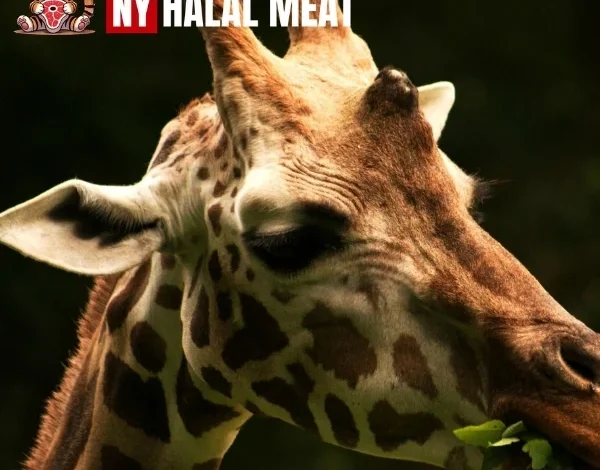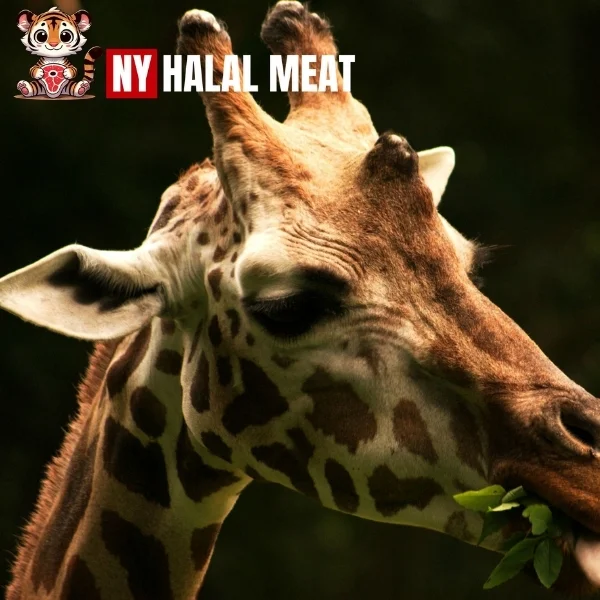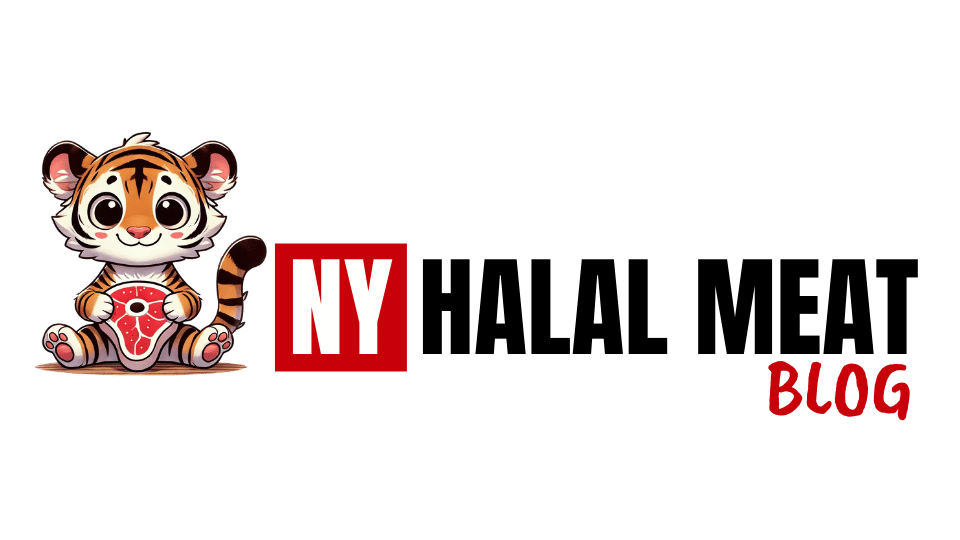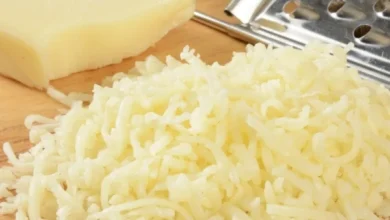
Is Giraffe Meat Halal? A Comprehensive Guide
When it comes to adhering to halal dietary laws, understanding what is permissible and what is forbidden is crucial. Halal food, meaning “permissible” in Arabic, refers to anything that is allowed under Islamic law. For Muslims, it is important to ensure that the food they consume aligns with these guidelines, especially when it comes to meat. But what about more unusual or exotic meats, such as giraffe? In this article, we will explore whether giraffe meat can be considered halal and what factors you should consider before deciding to consume it.
What is Halal Meat?
Before delving into the specifics of giraffe meat, it’s important to understand the general principles of halal meat. Halal meat must meet the following conditions:
- Proper Slaughtering: The animal must be slaughtered by a Muslim, following the correct halal process. This includes invoking the name of Allah (God) during slaughter and cutting the throat, windpipe, and blood vessels while ensuring the animal is treated with respect.
- Prohibited Animals: Certain animals are prohibited in Islam, such as pigs, carnivorous animals, and those that are not slaughtered properly. If an animal falls under these categories, it is considered haram (forbidden).
- Cleanliness: The meat must not come into contact with any haram substances. This includes ensuring that the animal is not contaminated with alcohol, pork products, or any other impermissible ingredients during its processing.
Can You Eat Giraffe Meat?
Giraffes are herbivores and are not explicitly mentioned in the Quran or Hadith as either halal or haram. Therefore, there are no direct rulings on giraffe meat in Islamic texts. However, based on Islamic dietary laws, the permissibility of consuming giraffe meat hinges on a few key considerations.
1. Herbivores and Halal Classification
In general, herbivorous animals that are slaughtered according to halal practices are permissible for consumption. Since giraffes are herbivores, they would, in theory, be halal to eat, provided they meet the necessary slaughtering and ethical standards.
However, it is important to note that giraffes are not commonly raised for consumption. Unlike cows, goats, and sheep, which are traditionally farmed for food, giraffes are primarily wild animals. This factor could make sourcing giraffe meat more complicated and subject to further scrutiny under halal guidelines.
2. Proper Slaughtering
As with any meat, the most important factor in determining whether giraffe meat is halal is how it is slaughtered. Halal slaughter requires the animal to be slaughtered in the name of Allah, and the slaughter must be performed by a Muslim who follows proper procedures. The animal’s throat, windpipe, and blood vessels must be cut to ensure that the meat is both humane and permissible for consumption.
If the giraffe meat is not slaughtered in accordance with these guidelines, it would not be considered halal, even if the animal itself is herbivorous. Therefore, it’s important to ensure that the meat is sourced from a reputable supplier who follows Islamic slaughtering methods.
3. Ethical and Environmental Considerations
In Islam, it’s not just the method of slaughter that matters; ethical considerations regarding how animals are raised and treated also play a role. Islam emphasizes kindness to animals, and the mistreatment of any creature is strongly discouraged.
Since giraffes are wild animals, there could be concerns regarding their hunting and treatment. If giraffes are hunted in a way that causes unnecessary suffering, or if they are taken from their natural habitat in an unsustainable manner, this could potentially conflict with Islamic teachings on the ethical treatment of animals.
Additionally, hunting giraffes as an exotic animal for food might raise questions about whether it is ethically acceptable to consume their meat, even if it meets the halal slaughter requirements. In general, Islam promotes sustainable and ethical practices, and if hunting giraffes leads to environmental harm or animal cruelty, this could be a significant issue for Muslims seeking to follow halal dietary laws.
4. Availability of Giraffe Meat
Another practical consideration is the availability of giraffe meat. Giraffe meat is not widely available in most countries, and it is often considered an exotic meat. Some African regions may offer giraffe meat, but it is rare in mainstream markets. In places where giraffes are not typically raised for food, there may not be sufficient access to halal-certified giraffe meat.
For many Muslims, the rarity of giraffe meat and its limited availability might influence their decision not to consume it. Instead, they might prefer more common halal meat options, such as beef, chicken, or lamb, which are easier to source and are guaranteed to meet halal standards.
Should You Eat Giraffe Meat?
Ultimately, whether you choose to eat giraffe meat is a personal decision that depends on several factors:
- Halal Slaughter: If the giraffe is slaughtered in accordance with Islamic law, it could be considered halal. However, this depends on the practices of the supplier and whether the proper halal procedures are followed.
- Ethical Considerations: If the giraffes are treated humanely and ethically, and if the hunting practices do not contribute to environmental harm or animal cruelty, it could be acceptable. However, if these practices do not align with Islamic principles, it would be wise to avoid consuming giraffe meat.
- Availability: Because giraffe meat is not commonly available and is typically not farmed for food, it may be difficult for many Muslims to find a reliable source for halal giraffe meat.
- Personal and Cultural Preferences: For many, the question of whether to consume giraffe meat also comes down to personal preference or cultural practices. Some Muslims may feel uncomfortable eating exotic meats that are not widely consumed in their communities, while others may be open to trying new foods as long as they meet halal guidelines.
Conclusion

In conclusion, giraffe meat can potentially be halal if it meets the necessary requirements, including halal slaughter methods and ethical treatment of the animal. However, due to the rarity of giraffe meat and the potential ethical concerns surrounding its hunting, many Muslims may choose to avoid it. If you are unsure about the permissibility of giraffe meat in your region or circumstances, it is always best to consult a knowledgeable Islamic scholar for further guidance.
As always, making informed and ethical decisions regarding your food choices is an important aspect of practicing halal in your daily life.





